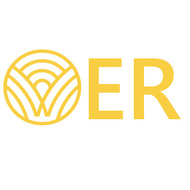Point of View and Perspective on the American Dream
(View Complete Item Description)In the first bend of this unit, students will closely read multiple perspectives on the “American Dream” in order to collect information to use and integrate that information into an evidence-based perspective. Students will examine primary and secondary source documents to make informed decisions about what information to collect that may inspire their writing about “The American Dream.” In the second bend of this unit, students will engage in a short-research process to create a draft of argumentative speech on the “American Dream” with a specific purpose, audience, and tone in mind. They will use their inquiry research questions from bend one to begin analyzing search results and citing and gathering relevant, accurate, and credible information.
Material Type: Unit of Study













